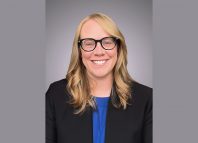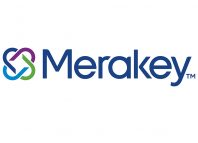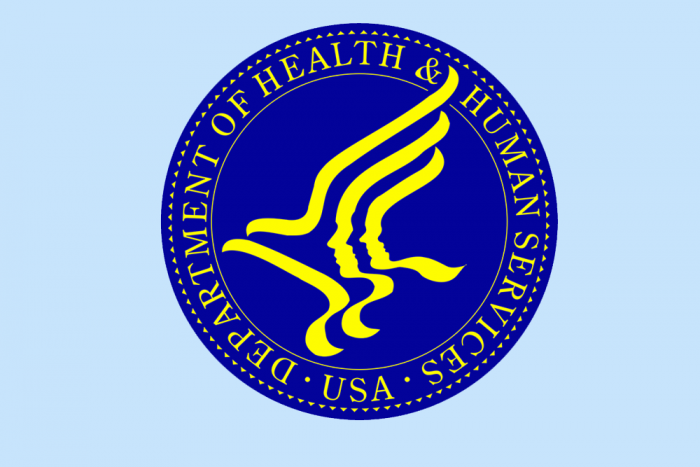The Pennsylvania Department of Drug and Alcohol Programs (DDAP) announced today that the agency recently issued Pennsylvania’s first telehealth exceptions for a DDAP-licensed substance use disorder (SUD) treatment provider in Pennsylvania to Gateway Rehabilitation Center (GRC).
In its press release, DDAP said that telehealth and mobile treatment options have been proven to reduce barriers like transportation, stigma, and provider shortages, especially in rural and underserved communities.
GRC has been an SUD treatment provider in Pennsylvania since 1972. Its telehealth-only program will provide a secure patient portal, an interactive app, encrypted messaging, appointment reminders, resources, education, and a virtual telehealth suite that offers SUD counseling, psychiatric services, medication-assisted recovery, preventive care, and coordination to other levels of care as needed.
Prior to the creation of the telehealth-only licensure category in December 2024, only SUD treatment facilities with a physical location in Pennsylvania could apply to DDAP for a license to also offer telehealth services. This new program does not require a physical location for a treatment provider to administer telehealth services.
A facility seeking to be licensed to provide telehealth-only services, without a physical location, will be required to, among other things:
- Maintain clinical records on a web-based electronic health record program;
- Maintain an electronic system for personnel files, including training records; and
- Agree to provide DDAP remote access to the facility files and client records any time access is requested in accordance with 42 CFR 2.53 — Audit and Evaluation.
















